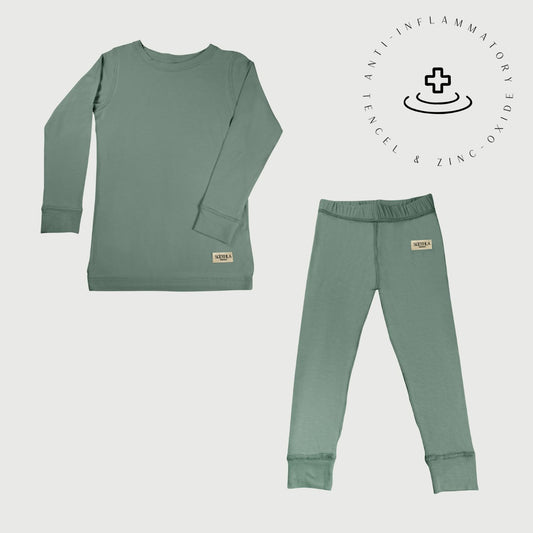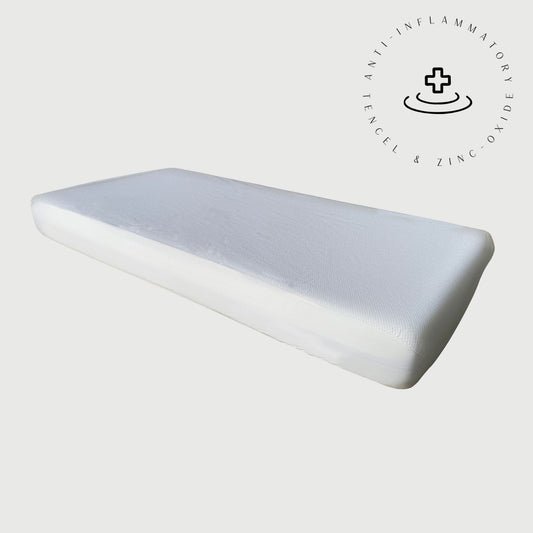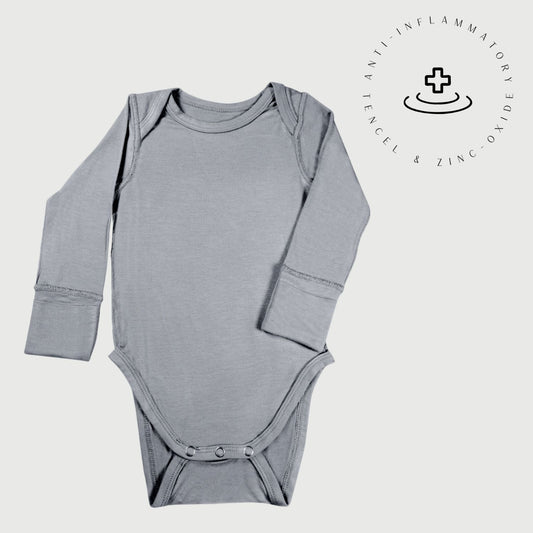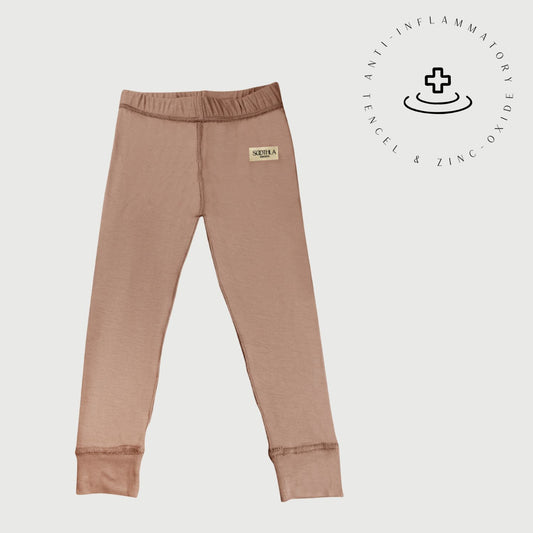Eczema, a skin condition characterized by dryness, itchiness, and rashes, can significantly impact quality of life. While traditional medical treatments often provide relief, many people are turning to natural alternatives. One such option that has gained attention is breast milk.
The Potential Benefits of Breast Milk for Eczema
While research on using breast milk as a treatment for eczema is still limited, early studies suggest that it may offer benefits. Here's what we know so far:
- Anti-inflammatory properties: Breast milk contains various compounds that have anti-inflammatory effects, which can help reduce the redness and swelling associated with eczema.
- Probiotics: Breast milk is a rich source of probiotics, beneficial bacteria that can help maintain a healthy gut microbiome. Some research suggests that the gut microbiome plays a role in skin health, including eczema.
- Moisturizing effects: Breast milk is naturally moisturizing, which can help soothe dry and irritated skin.
Studies on Breast Milk and Eczema
Several studies have explored the potential of breast milk as a treatment for eczema, with mixed results:
- A 2019 study investigated the non-nutritional use of breast milk for treating skin conditions such as atopic eczema. Overall, the research studies in this review suggested that it is an effective treatment for eczema.
- A 2015 study found that applying breast milk to the skin of infants with eczema was as effective as hydrocortisone cream.
- Another study from 2015 showed no significant improvement in eczema symptoms when breast milk was applied to the skin of older infants.
- A 2017 study showed that breast milk could promote the healing of diaper rash. The probiotic properties of breast milk may also help reduce the risk of developing asthma.
More Research Needed
While these studies provide some evidence for the potential benefits of breast milk for eczema, more research is needed to confirm its effectiveness and to understand the underlying mechanisms. It's important to note that individual results may vary.
Breast milk is used in many cultures for treating skin irritations, eg. of the nipple after breastfeeding. It normally does not have a risk of allergy and is generally considered safe to try out and use.
Other Natural Remedies for Eczema
In addition to breast milk, there are other natural remedies that may help alleviate eczema symptoms. These include:
- Moisturizing: Regularly applying moisturizers can help keep the skin hydrated and reduce itching.
- Avoiding irritants: Identifying and avoiding irritants, such as harsh soaps, detergents, and fabrics, can help prevent eczema flare-ups.
- Dietary changes: Some people with eczema may find that certain foods trigger flare-ups. Consulting with a healthcare professional or registered dietitian can help you identify potential dietary triggers.
- Eczema-friendly clothing such as Soothla's that has zinc-oxide infused in the fabric can help soothe and calm the skin.
Remember, while natural remedies can be helpful, it's important to consult with a healthcare professional for a proper diagnosis and treatment plan.







